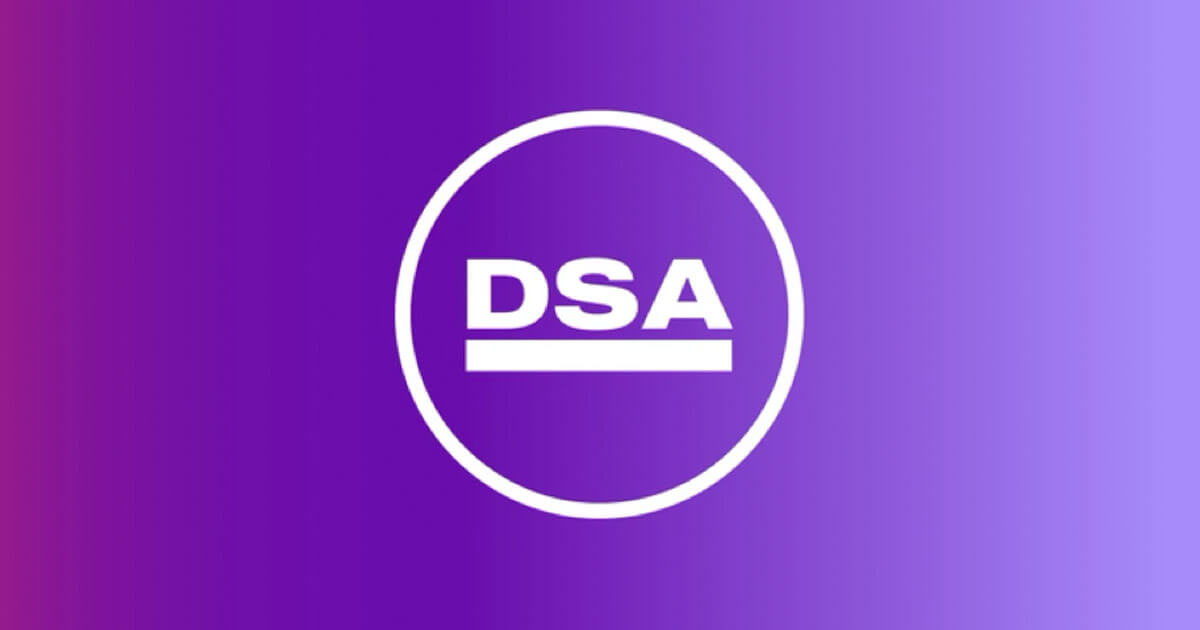The National Council of the Slovak Republic, Slovakia’s parliamentary body, has endorsed a decree to reduce cryptocurrency taxes. This game-changing decision affects a significant portion of cryptocurrency investors in the nation.
Understanding the Tax Amendment and its Impact
The groundbreaking resolution was passed on June 28, with the majority voting in favor of a tax reduction on personal income earned from the sale of cryptocurrencies held for over a year. A newly adopted amendment is set to bring down the tax to a lowly 7%, a stark drop from the existing taxation tiers of 19% and 25%. The reformed tax law exempts any payment received in cryptocurrencies up to 2400 euros, or roughly $2,622.20, from taxation.
Furthermore, the legislation has introduced an exception for cryptocurrency-derived income from the obligatory health insurance contribution of 14%, resulting in additional savings for crypto investors.
Local media reports suggest that the Ministry of Finance is expecting the amendments to the crypto tax laws to have a substantial financial impact, estimated to be around 30 million euros annually.
Reinforcing the Citizen’s Right to Cash
This momentous tax amendment follows in the footsteps of another significant constitutional amendment passed by the Slovakian Parliament. The latter amendment legally enshrines citizens’ rights to use cash as a payment method, a move made in anticipation of conversations surrounding a digital euro.
As one of the 27 member states of the European Union, Slovakia is firmly entrenched in the broader crypto landscape of the region. The European Union has been actively tracking and responding to advancements in the burgeoning crypto industry.
The European Union, on May 31, signed into law the groundbreaking Markets in Crypto-Assets (MiCA) regulations. Conceived back in 2020, MiCA aims to establish Europe as a thriving hub for digital asset activity. Industry stakeholders have applauded the regulations for their clarity, starkly contrasting other significant markets like the United States.
Comparing the U.S. and EU Crypto Legislation Landscape
The U.S., in comparison, is yet to enact extensive regulatory guidelines for the industry, leaving many in a state of uncertainty. A proposed “Digital Asset Market Structure” bill from the Republicans is currently undergoing review for its potential implications on the sector.
As the world grapples with the complexities of regulating the rapidly growing crypto industry, Hester Peirce, the U.S. Securities and Exchange Commissioner, gave a remote address at the Australian Blockchain Week on June 29. She emphasized the importance of not assuming “everything is a financial asset” when drafting crypto laws.
None of the information on this website is investment or financial advice and does not necessarily reflect the views of CryptoMode or the author. CryptoMode is not responsible for any financial losses sustained by acting on information provided on this website by its authors or clients. Always conduct your research before making financial commitments, especially with third-party reviews, presales, and other opportunities.
Credit: Source link















































